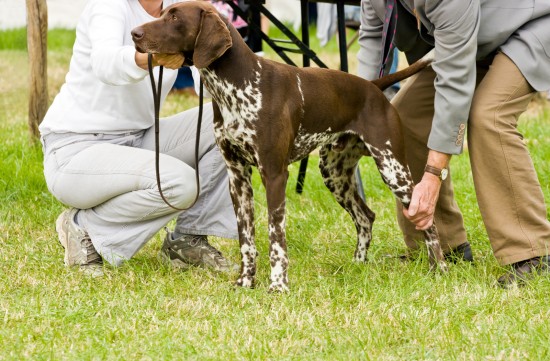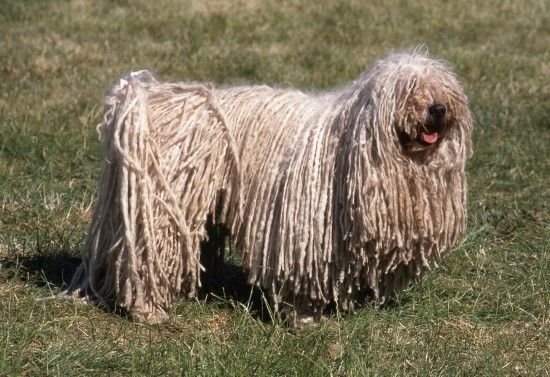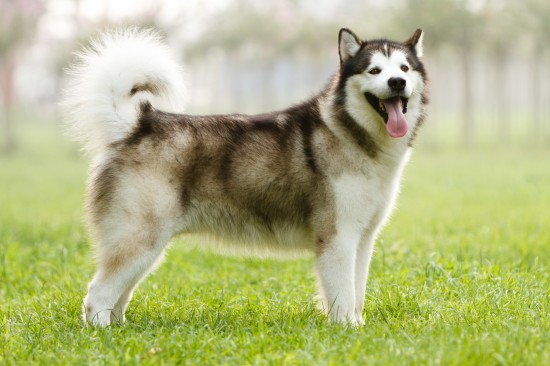
Turkey is the third most important fowl next to chicken and duck. They form almost 2% of the total poultry population. Turkeys are reared for meat only. Turkey meat is considered the leanest among other domestic bird species. Turkey farming is common in most western countries. Major Turkey producers are the United States, Canada, Germany, Italy, France, United Kingdom, and Netherlands.
Knowledge in how to raise turkeys begins in learning a few terminologies such as the following: a. Tom - adult male turkey b. Hen - adult female turkey c. Poult - baby turkey d. Snood or dew bill - it is the fleshy lump near the base of the beck e. Caruncles - this the fleshy bump on the head and neck that is usually colored pink or red, appearing about the 5th week of age f. Bread - is a bunch of hair that is attached to the skin on the chest g. Strut - the mating behavior of a tom
There are a few safety measures to do to avoid some problems when you are starting to raise turkeys. 1. To prevent feather picking and cannibalism, about half from the tip of the beak is removed from the poults, usually during the 3rd or 5th week of age. 2. Removing the snood or dew bill usually prevents head injuries as a result of picking and fighting. The snood can be removed by finger pressure at one day old. When the poults reach 3 weeks of age, the snood can be cut off with a sharp pair of scissors. 3. Clipping is done for a one old turkey by removing the tip of the toe.
A turkey farming topic will not be complete without discussing the eggs. Turkeys start laying eggs on the 30th week of age. The production period is about 24 weeks from the point of lay. If turkey hens are fed properly and are provided with good artificial lighting, they can lay as much as 60-100 eggs yearly. Most often than not, about 70% of the eggs will be laid in the afternoon. Turkey eggs tinted, weighing about 85gms, and they are pointed at one end and with a noticeably strong shell.
As mentioned earlier, turkey meat is the leanest. It is also rich in essential amino acids and vitamins like niacin and vitamin B6. It is also low in cholesterol. A good housing for turkeys is one important aspect of turkey farming. Turkeys need to be protected from sun, rain and wind, as well as predators. They also need to be provided with comfort. You also can find a lot more information about turkey farming in the internet. There are detailed discussions on proper housing, feeding and rearing turkeys, among others.
If you think you still need guidance on turkey farming, consulting existing turkey owners and farmers will certainly be a big help. If you would like to learn more about how to raise turkeys correctly, please visit: www.howtoraiseturkeys.com
 How to pick an amazing toy for your lovable pet?
How to pick an amazing toy for your lovable pet?
How to pick an amazing toy for your lovable pet?
How to pick an amazing toy for your lovable pet?
 Teaching Your Dog Show Craft
Teaching Your Dog
Teaching Your Dog Show Craft
Teaching Your Dog
 Dog Breeds With Dreadlocks!
Dog Breeds With D
Dog Breeds With Dreadlocks!
Dog Breeds With D
 Health Issues Commonly Seen In The Alaskan Malamute
Health Issues Com
Health Issues Commonly Seen In The Alaskan Malamute
Health Issues Com
 5 Common Houseplants And Flowers That Are Most Toxic To Cats
5 Common Housepla
5 Common Houseplants And Flowers That Are Most Toxic To Cats
5 Common Housepla
Copyright © 2005-2016 Pet Information All Rights Reserved
Contact us: www162date@outlook.com